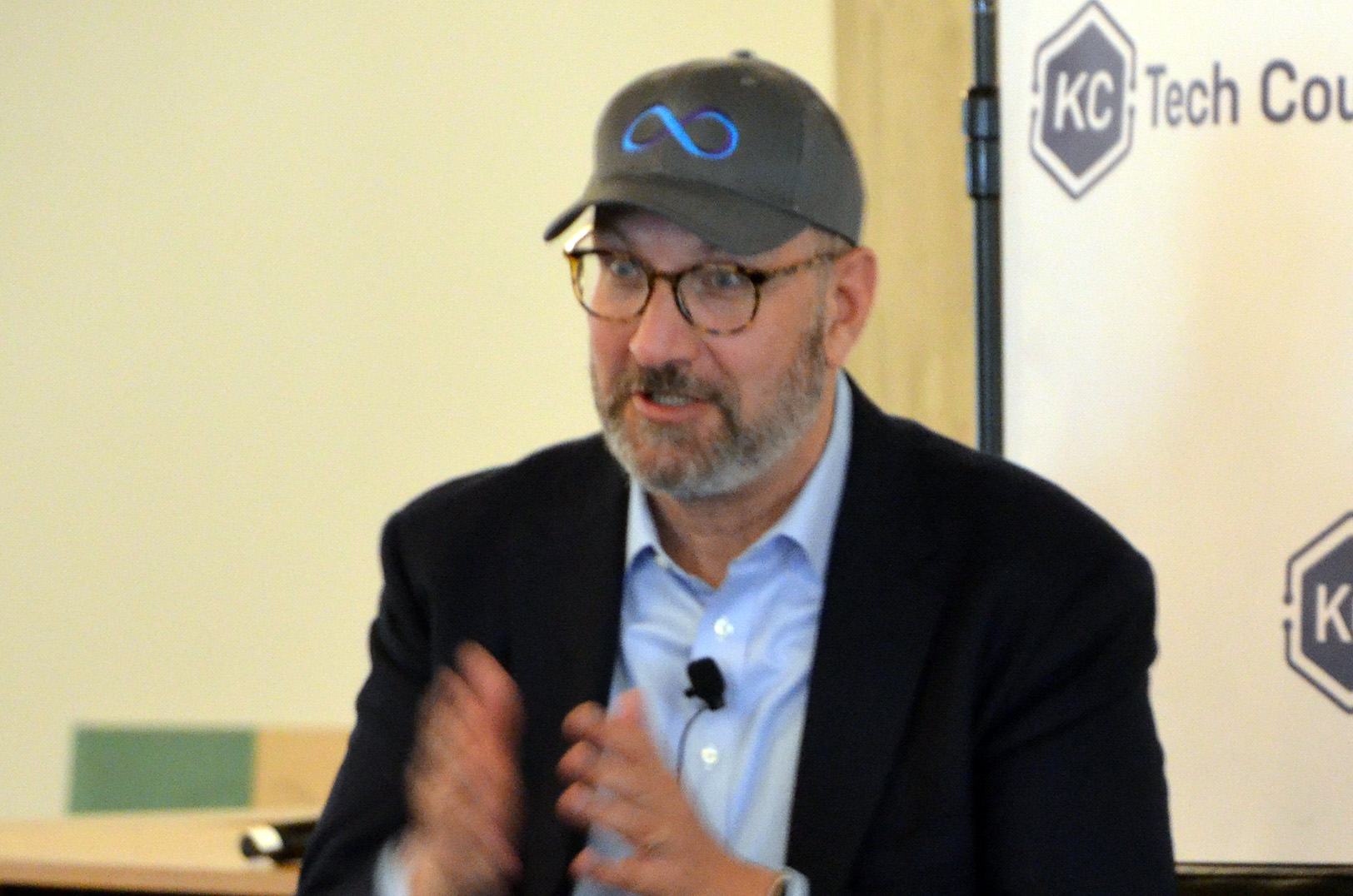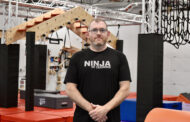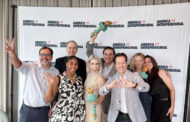Hyperloop One could be gliding down its interchangeable tracks within the next decade, CEO Jay Walder estimated.
But is the mystical mass transit system any closer to finding its home, questioned an audience gathered Wednesday for the KC Tech Council CEO speaker series sponsored by RSM and hosted by WeWork.
“What if I told you that I’ve been CEO of Virgin Hyperloop One for five months and this is the first trip I’ve taken to a state where there has been [a feasibility study conducted]?” Walder told the room.
“Is that a vote of confidence?” asked Lindsay Shively, discussion moderator and 41 Action News anchor.
“I think that’s a vote of confidence,” Walder quipped to thunderous applause as advocates and curious citizens continued to hold out hope Hyperloop One would be realized in Missouri.
Click here to learn more about the Hyperloop One Missouri feasibility study.
Beyond its high-tech glamour and promise to revolutionize the transportation space, planting Hyperloop One could make a tremendous impact on education –– allowing students to commute to various universities along the route –– in addition to innovating the way supplier make freight deliveries, Walder explained.
“I think the way that we should think about freight is this; three keywords,” he said.
“Just in time.”
American consumers want their deliveries instantaneously, the CEO explained of consumer habits and the way Hyperloop One could dissolve the practice of patience and deliver almost instant gratification, while solving logistical conundrums for major companies such as Amazon.
“[Current delivery models are] creating a tremendous burden on logistics. What we’re doing [as a society] is creating more and more warehouses, where there can be more and more inventory.”
With Hyperloop One, high inventory burdens that Walder said currently weigh companies down, could be relieved.
A shift in focus, companies could prioritize their efforts around building larger warehouses, as opposed to more warehouses, he added, noting that Hyperloop One ultimately could decrease the demand for commercial infrastructure and deliver dramatic cost savings.
“There was a study that was done that shows that this could potentially save — for the freight industry and shippers — billions of dollars,” he explained, awestruck at the unintended possibilities Hyperloop One could deliver.
“Our largest investor in our company is actually a freight company and they’re very interested in the whole logistics of this because they believe that this is really where the future is,” he continued.
Deep in development, Virgin’s Hyperloop One team remains committed to perfecting the technology before travelers buckle up, Walder said.
Naysayers and skeptics who challenge the impact of Hyperloop One should take a closer look at Virgin’s plans, he added.
What’s being built and tested in the Nevada desert could be the beginning of a new chapter in the history of U.S. infrastructure, Walder said.
“This is the interstate highway system in 1956! This is air travel in the early part of the 20th century!” he declared.
The realization of Hyperloop One will be a special moment for the country –– so long as its people believe in its capabilities and are eager to adopt the technology, Walder said.




































